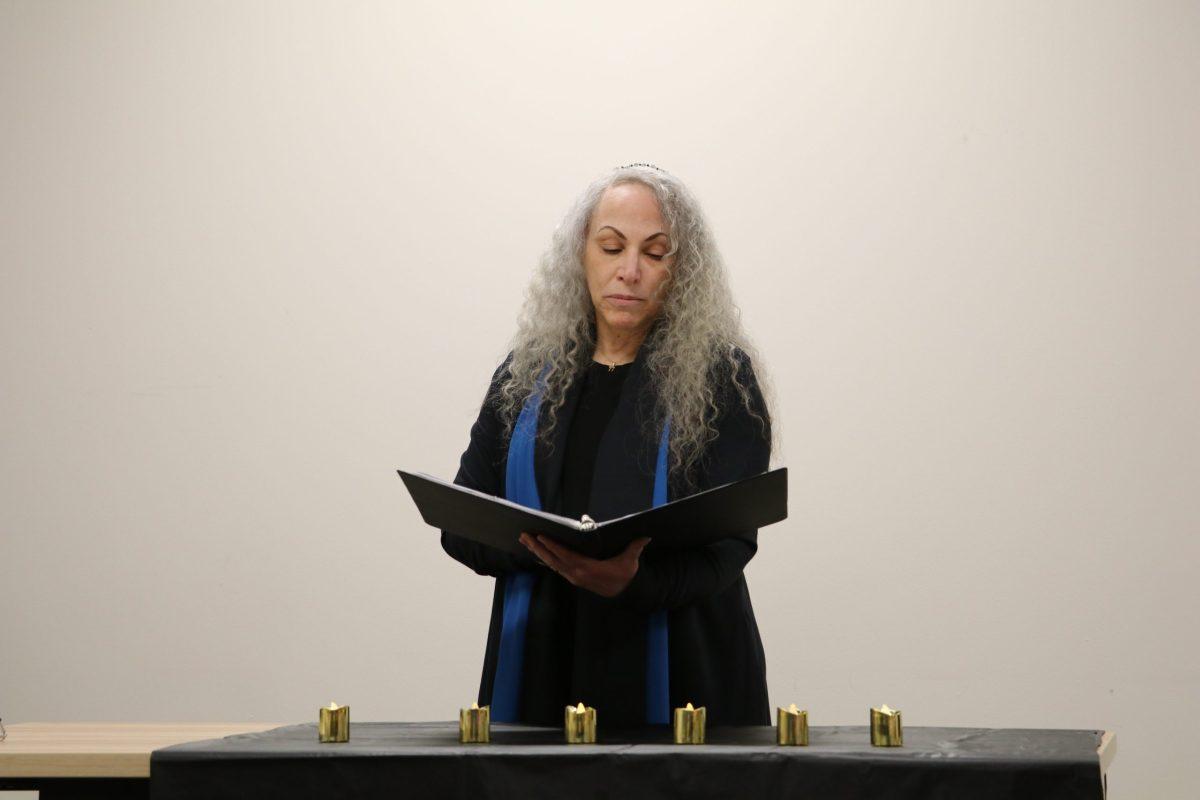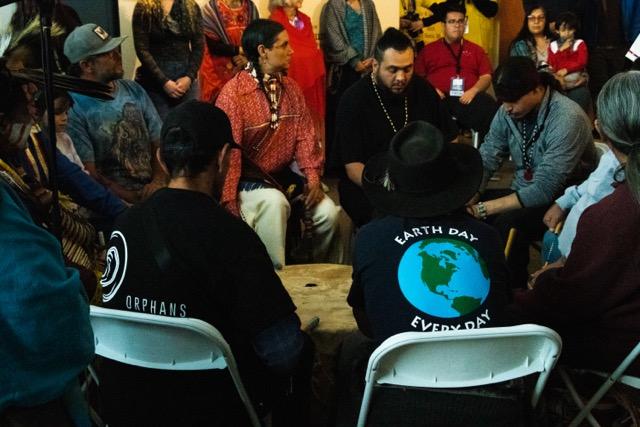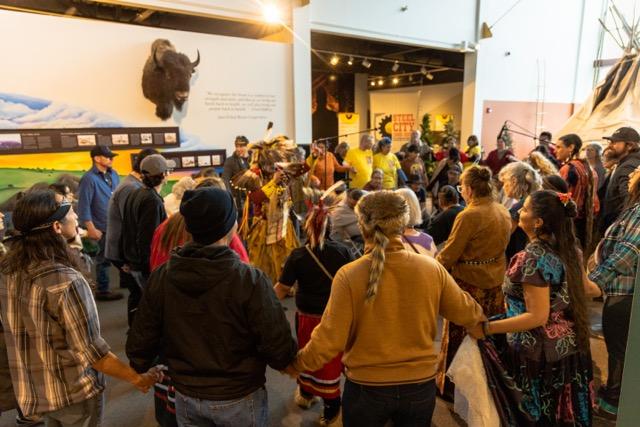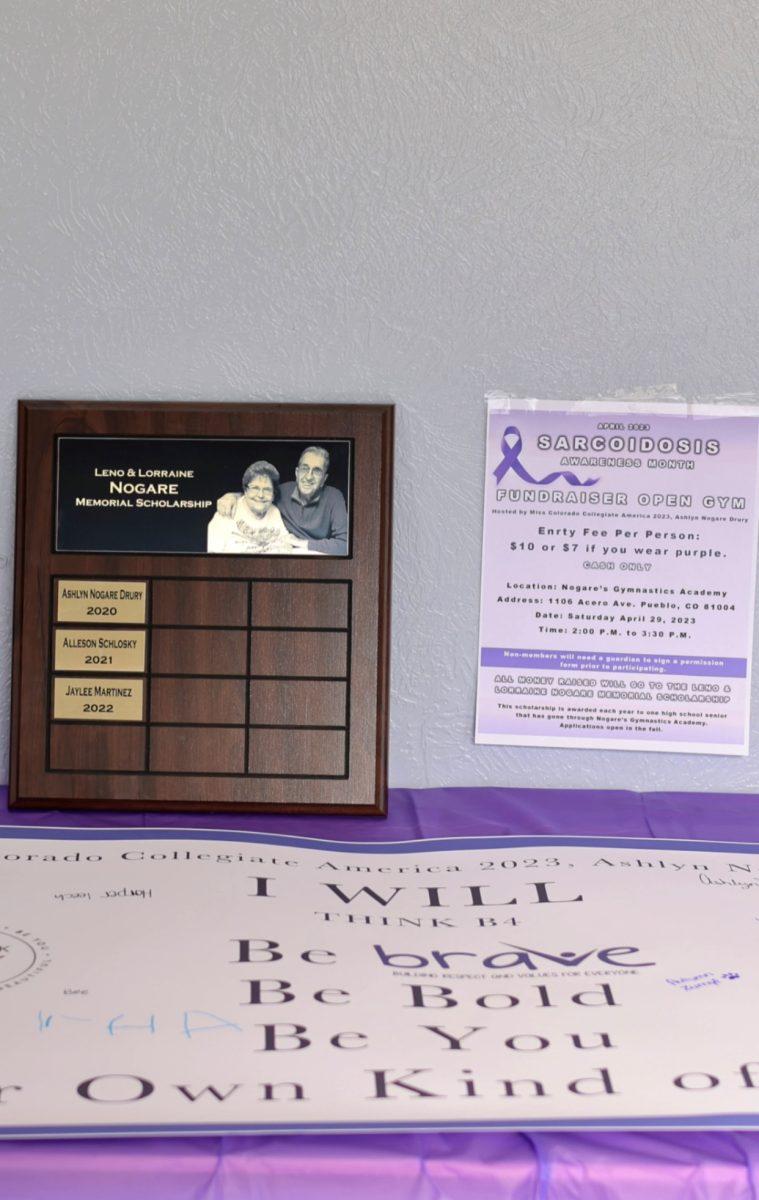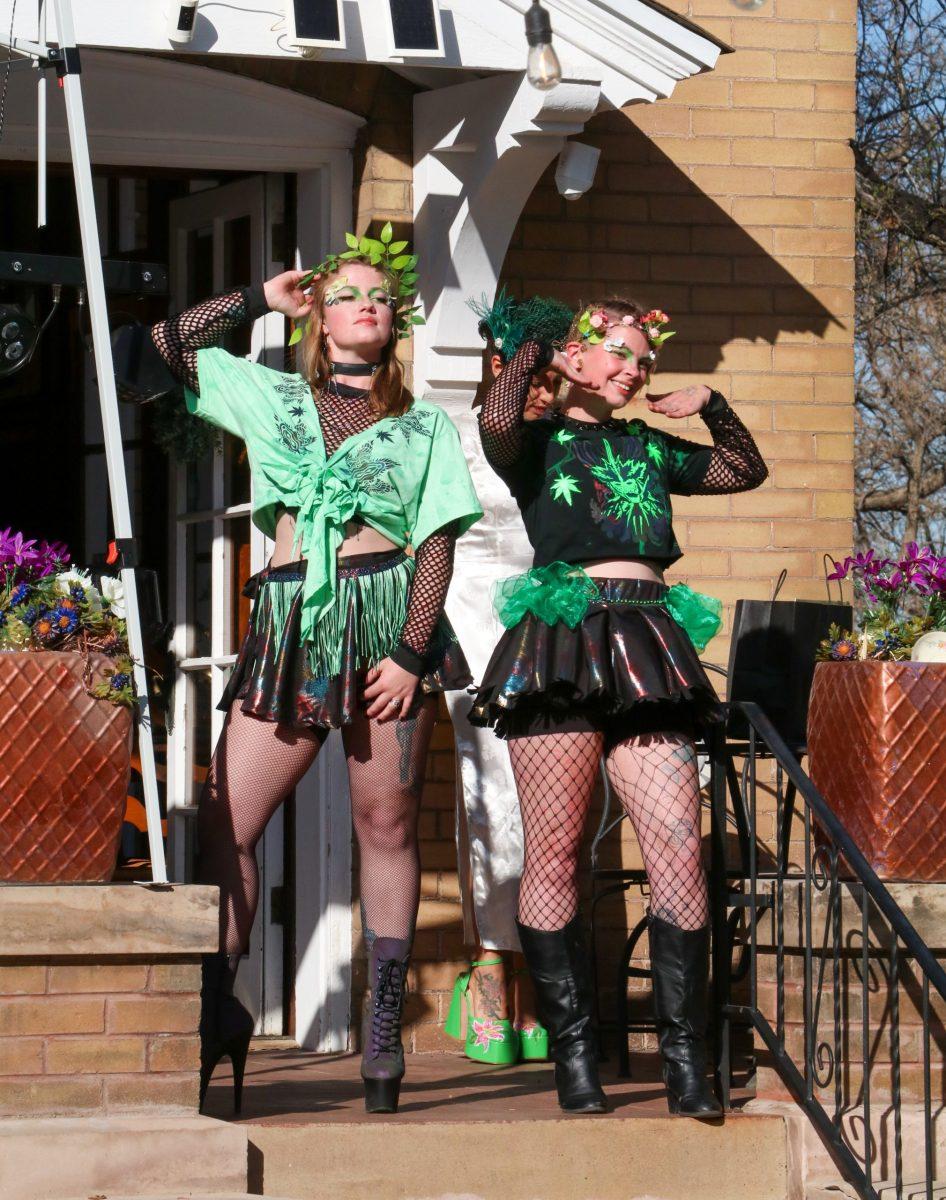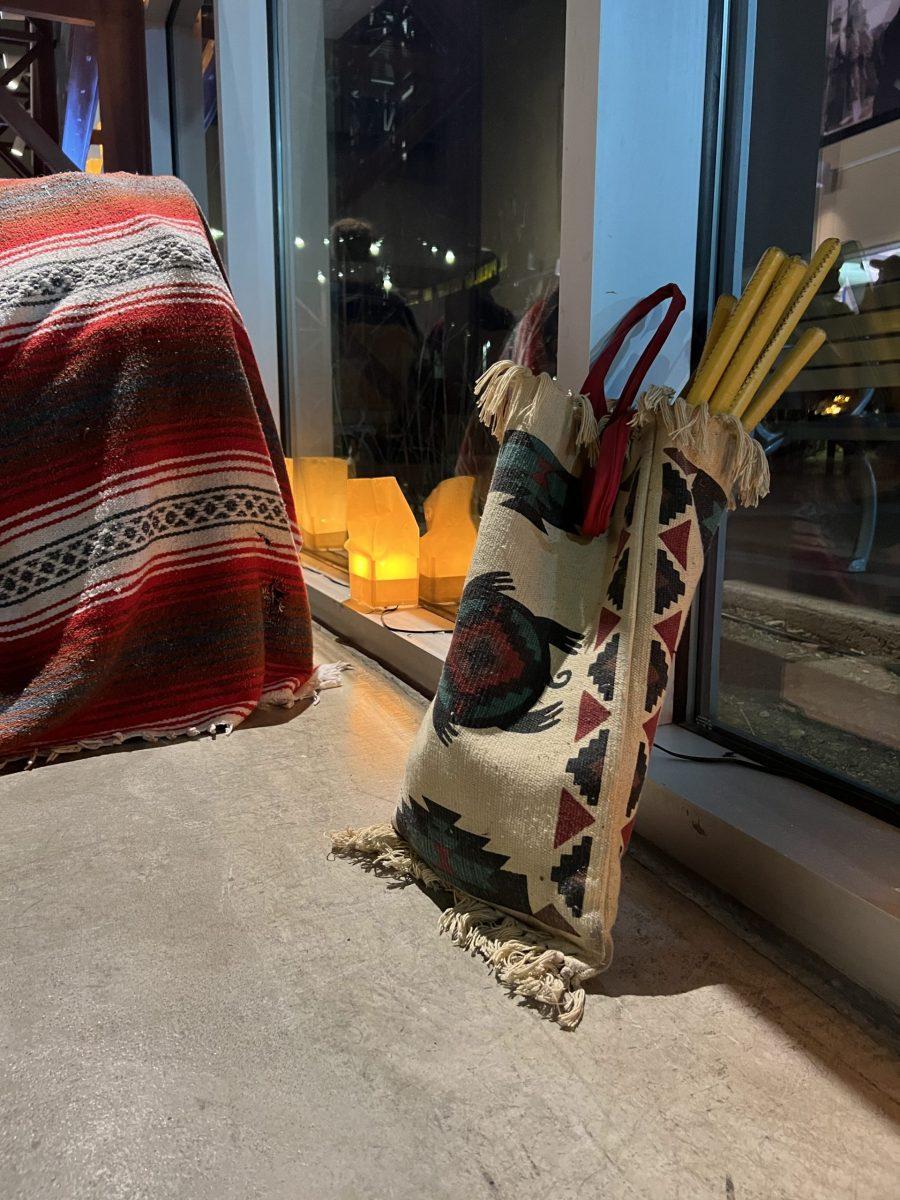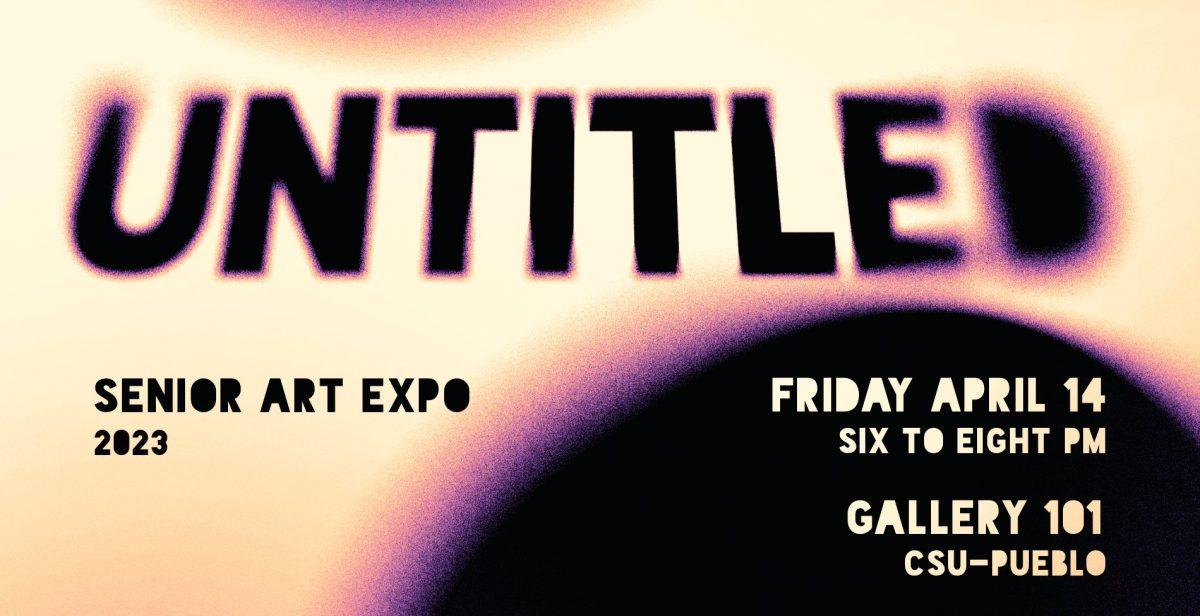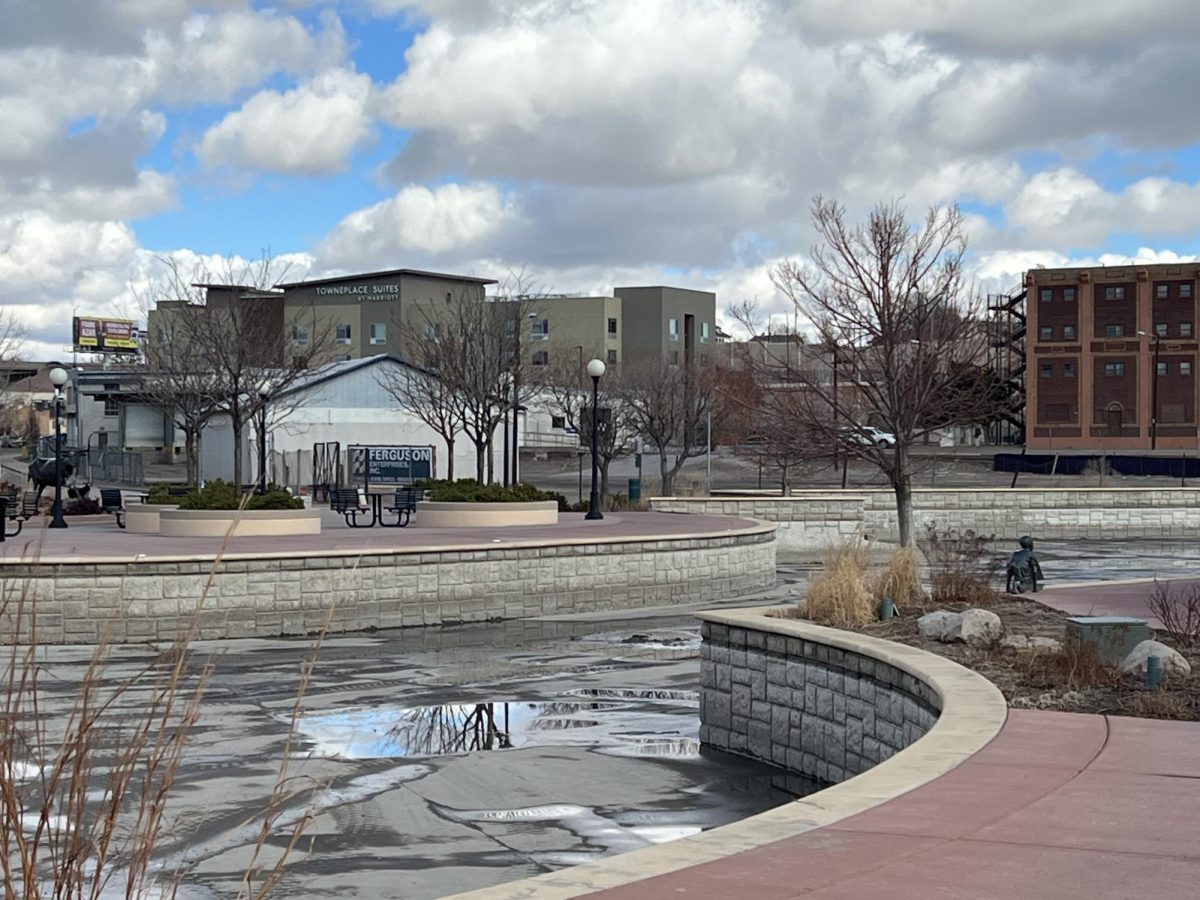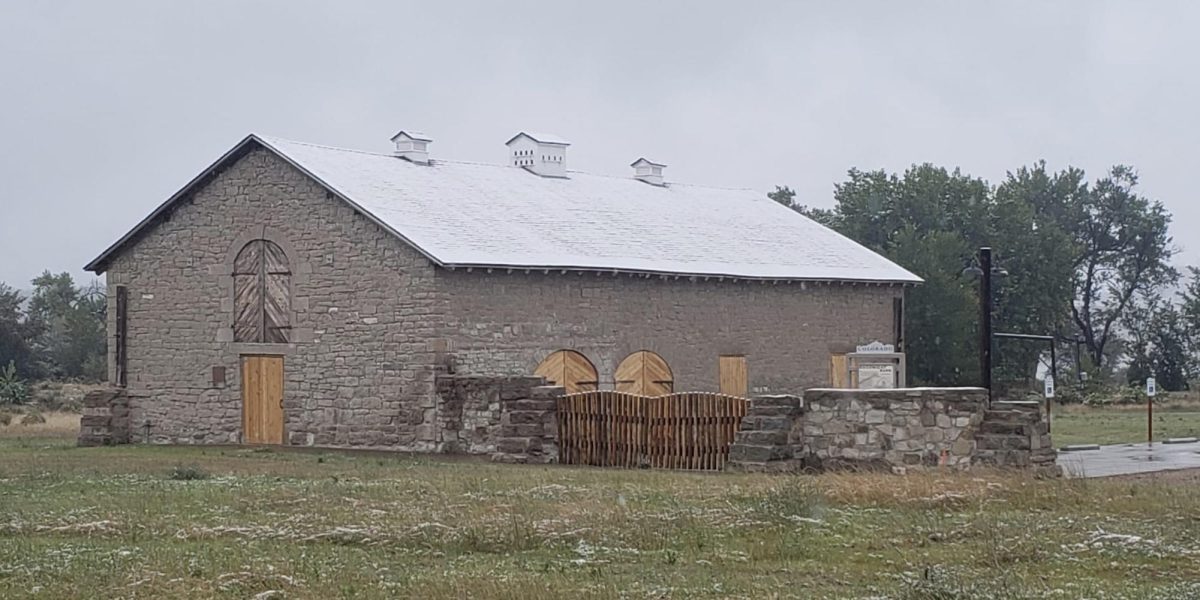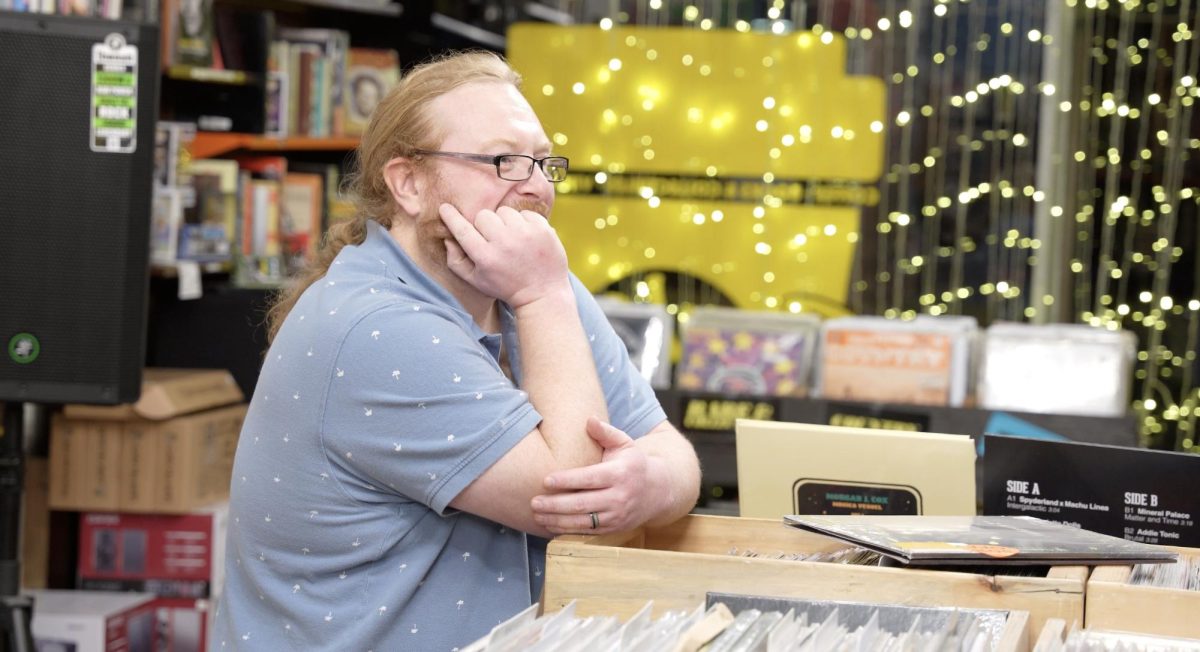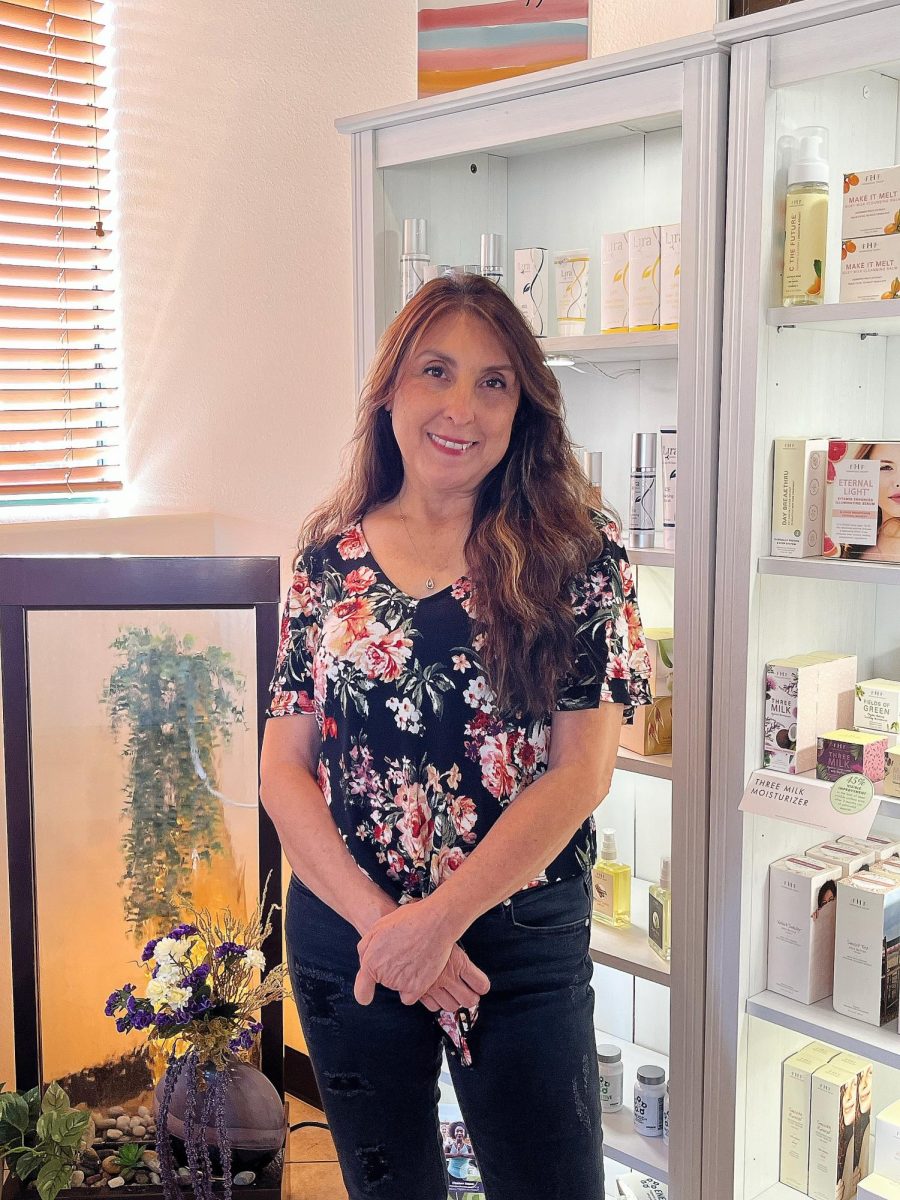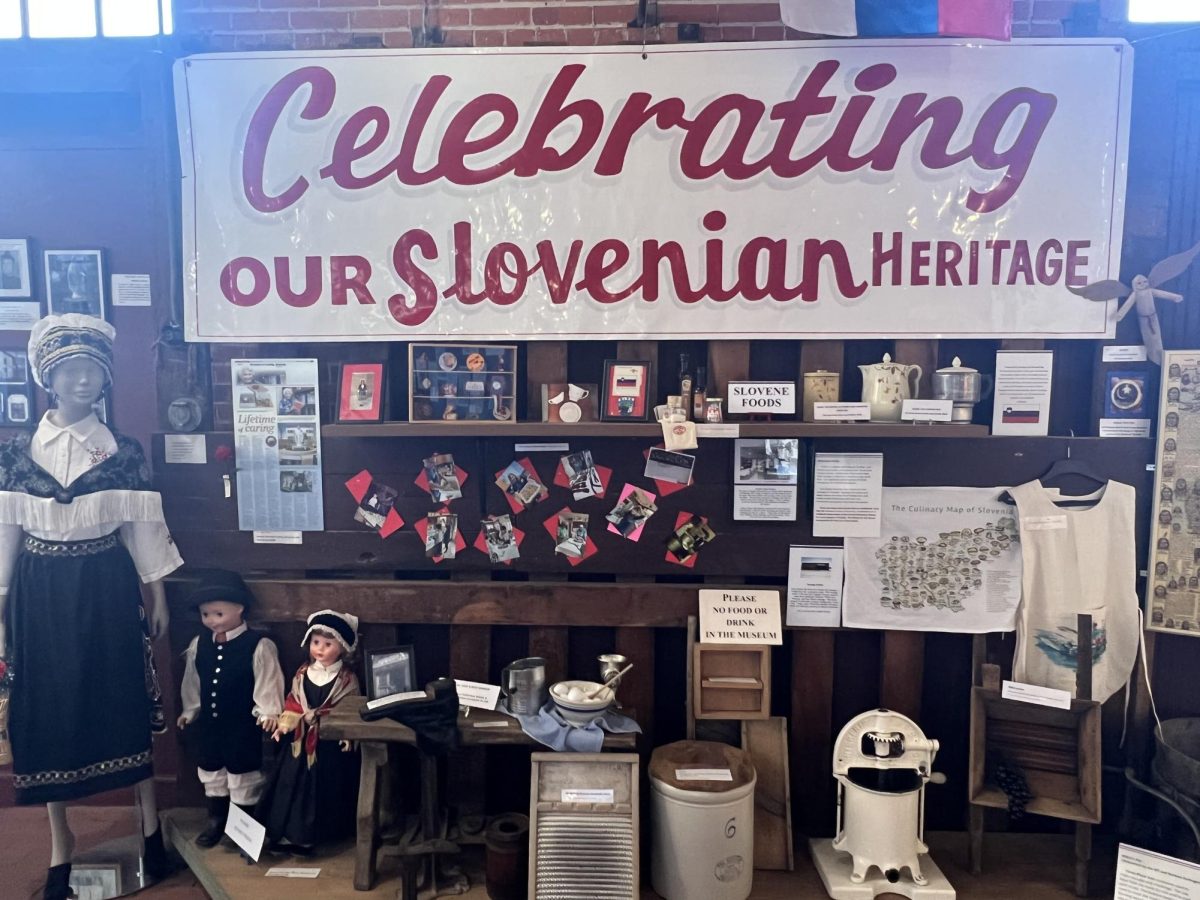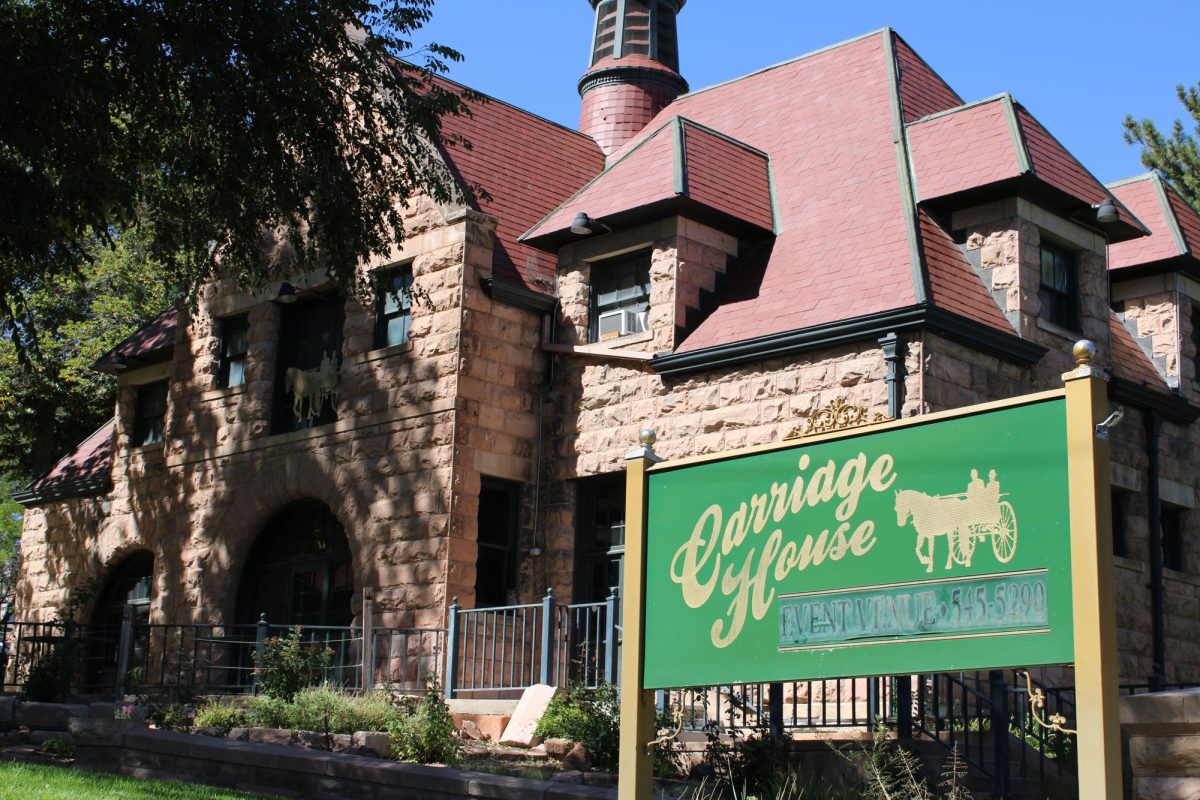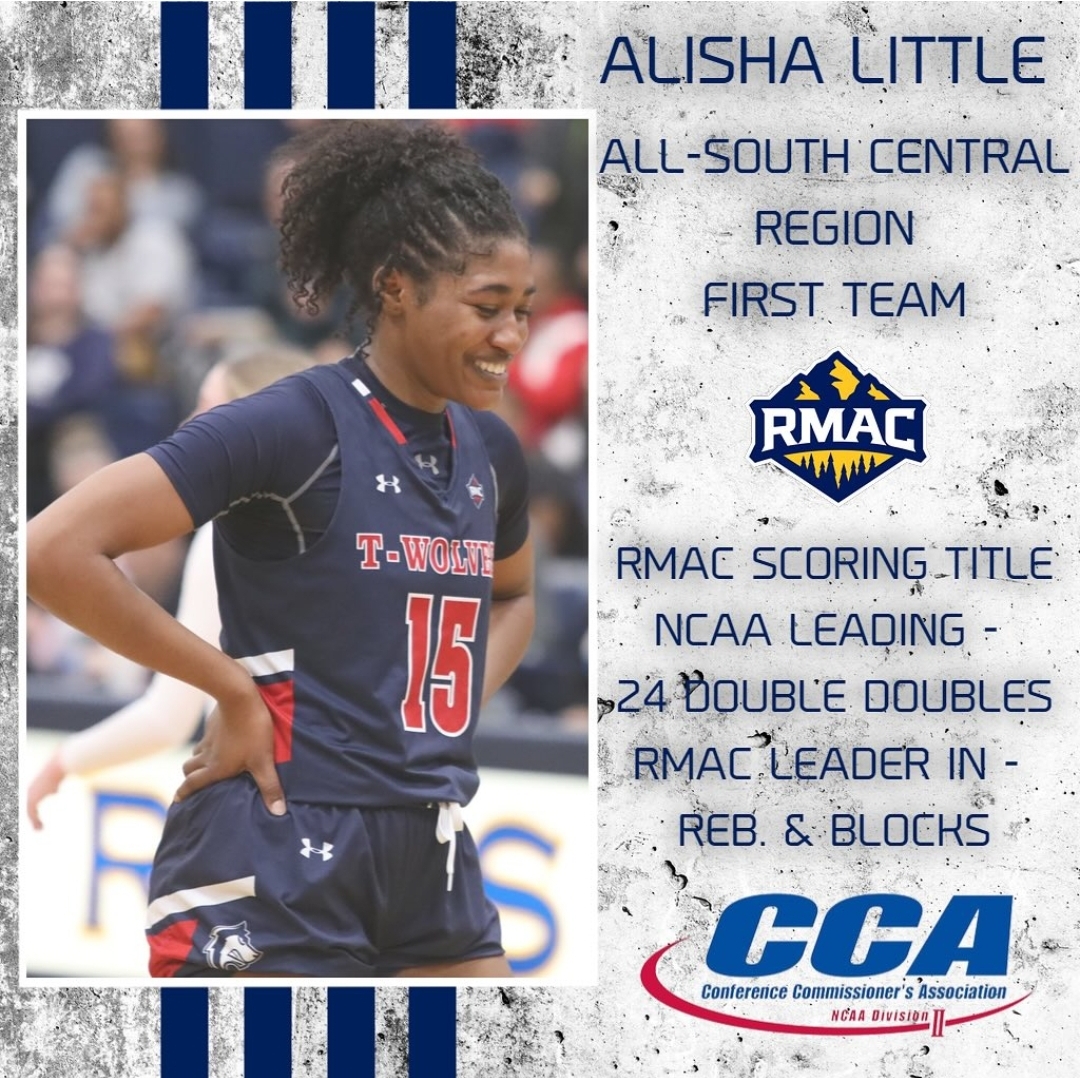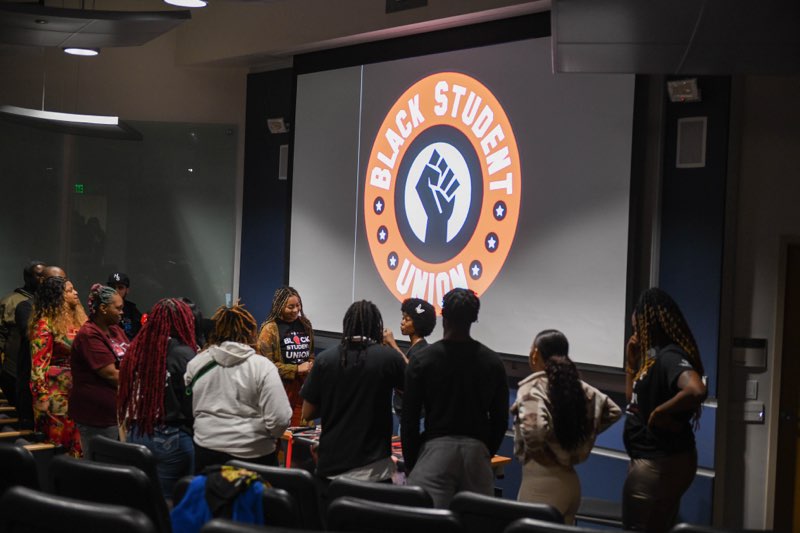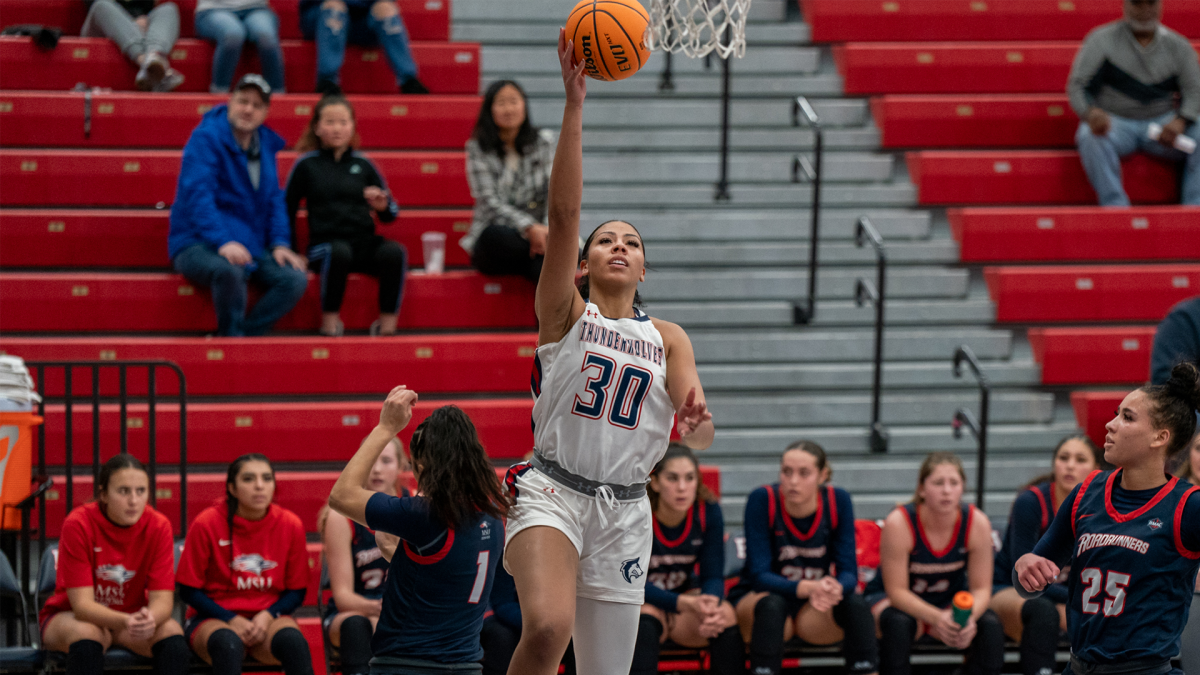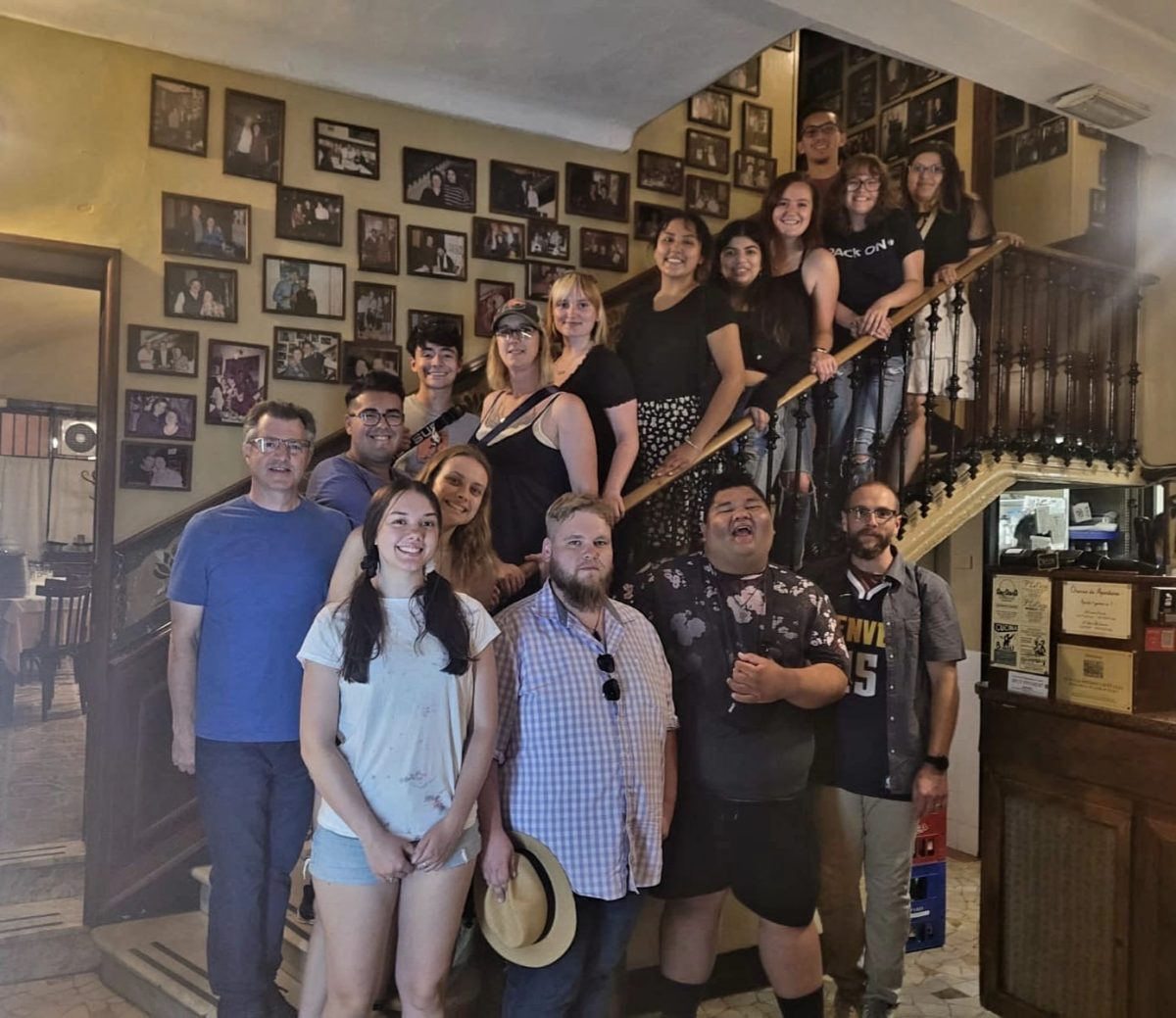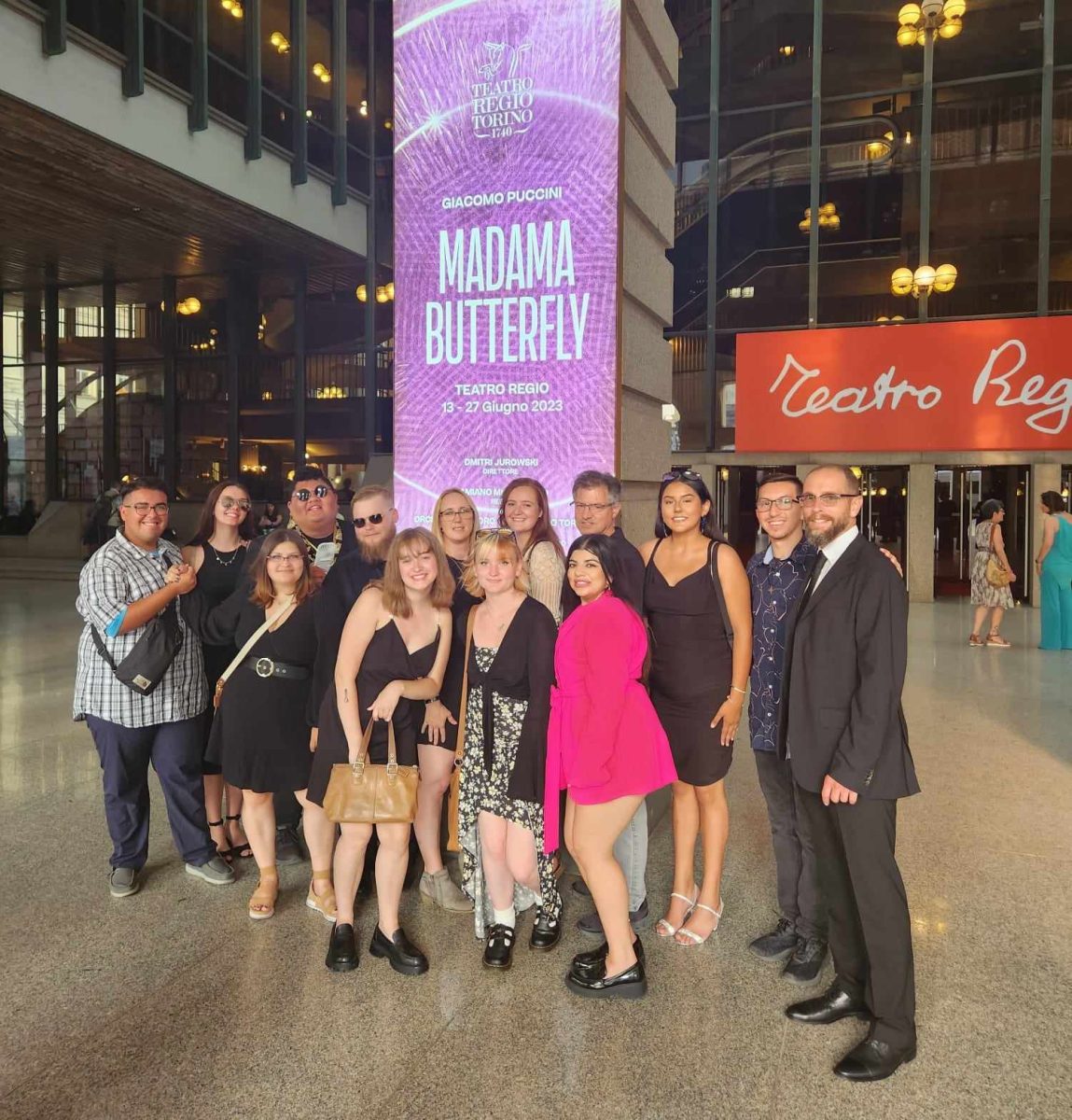By Madison Lira
Holocaust Remembrance Day, or Yom Hashoah in Hebrew, commemorates the 6 million Jews and the millions of others who were tragically killed in the Holocaust. The date of this remembrance marks the beginning of the Warsaw Ghetto Uprising. It is set under the Hebrew calendar to the 27th of Nisan, which varies in the Gregorian calendar. This year, Holocaust Remembrance Day was held from sunset on April 17 to sunset on April 18. For the past eight years, CSU Pueblo has held a day-long event to commemorate the victims and continued the event for this year.
Dr. Pam Richmond and the Department of Social Work held the event in the OSC this year on campus. The event featured keynote speakers and a live-virtual tour of Auschwitz from Dr. Jerzy Wójcik, a guide and educator at Auschwitz-Birkenau for over 17 years—as well as a couple of presentations from social work students and faculty members and a documentary screening.
At the event’s start, Pueblo resident and member of Temple Emmanuel of Pueblo, Helen Atlas-Acuna, presented and recounted her parent’s survival during the Holocaust. Acuna gave a brief overview of the Holocaust before discussing to attendants her parent’s personal stories of survival and telling how they came to live in Pueblo, CO, after the war ended.
“My father and his brothers and a brother-in-law, they fled across the border to over here in what is now Ukraine. However, the Soviets were not really pleased. What the Soviets wanted since they were not in the war yet, they wanted all the Pols to stay and fight so that the Nazis would not get to the Soviet Union, so anybody that didn’t last and fight, if they crossed the border, they were arrested and placed in labor camps, and that’s what happened to my father and his brothers and a brother-in-law,” said Acuna.
Her mother would later be taken to the Sudentland and lie about her age to the Nazis to avoid going to the death camps and would be sent to a labor camp. Acuna’s parents would later reunite after the war ended and would begin moving to the U.S., away from Europe.
“In 1950, they were able to legally immigrate to the United States. There were various Jewish organizations that sponsored people from all over the United States, you could not come to the United States without a sponsor, and one of the local Jewish fraternal organizations sponsored the families who came here (Pueblo, CO). The local Jewish community found housing for them,” said Acuna.
The next part of the event was the virtual live tour of Auschwitz-Birkneau, a new installation for the event this year; as Dr. Richmond discussed, “Typically, there is no budget for programming. This is the first year there was funding to have a tour of Auschwitz-Birkenau.”
Dr. Wójcik, who gave the live tour over Zoom, gave the audience an insightful look into the two main camps and their history—especially highlighting the victims and their pain and survival through the Holocaust rather than the people who committed the atrocities against them.
After the virtual tour, a memorial service was held by Rabbi Becker with a musical accompaniment by Dr. David Volk. Laid out on the memorabilia table, Rabbi Becker lit six candles to remember the 6 million Jewish lives lost to the Holocaust. Rabbi Becker recounted the critical dates that led up to the Holocaust, letting the audience know the signs to look for that led up to the genocide of millions of people. In her service, Rabbi Becker quoted the work of a 19th-century Jewish poet, who had his books engulfed in flames during the 1933 book burnings in Berlin. “Where they burn books, they will, in the end, burn human beings too” (Heinrich Heine).
Rabbi Becker sang beautifully haunted songs to remember the victims, signing Al Kol Eleh (For all these things) and Somewhere over the Rainbow. At the end of the service, Rabbi Becker invited anyone who knew it to recite the Mourner’s Kaddish as a prayer for those lives lost in the Holocaust.
As the day progressed, a presentation about PTSD and the Holocaust was given by Dr. Krista Bridgmon, Dr. Grant Weller presented the 1965 documentary Night and Fog in the late afternoon, and the event commenced with presentations from Savannah Cassares and Lara Gribble, master of social work students.
Dr. Richmond hopes that event attendants are left with an “understanding of the facts of the Holocaust, an appreciation for diversity, recognition of propaganda and hate, critical thinking about social responsibility, and respect for the millions that perished.”




